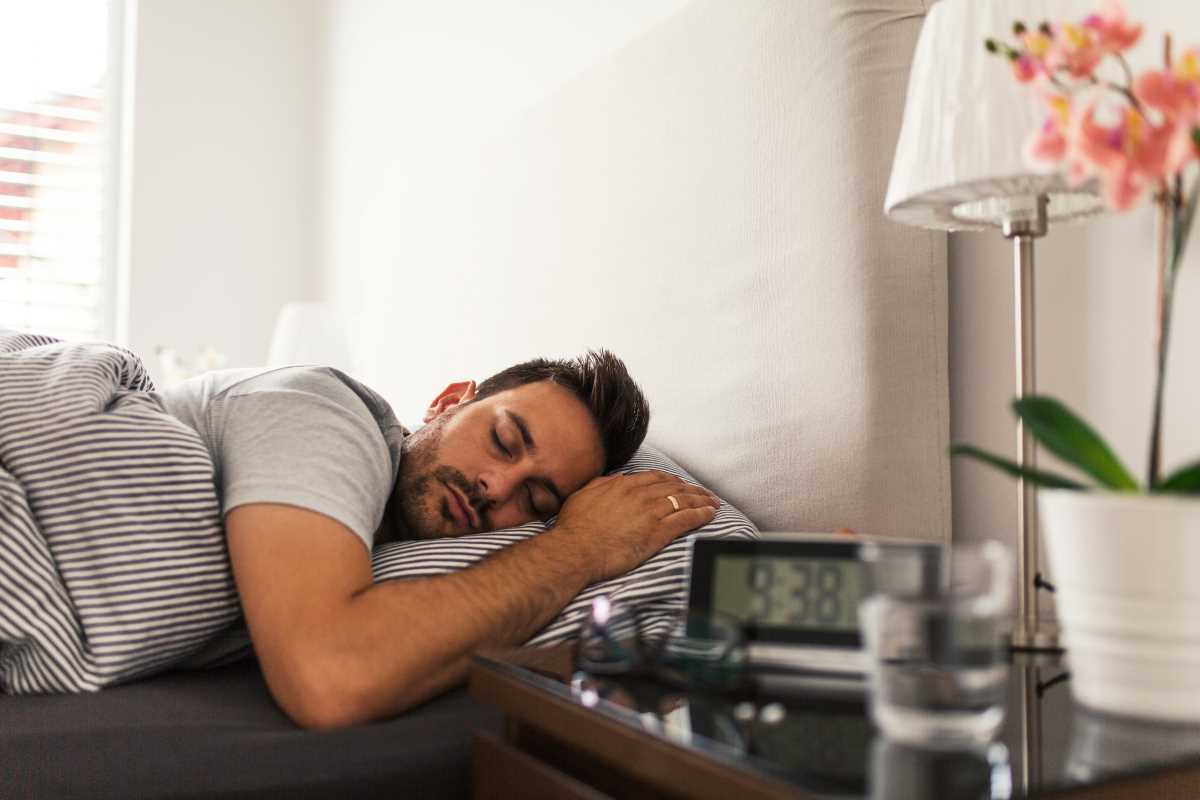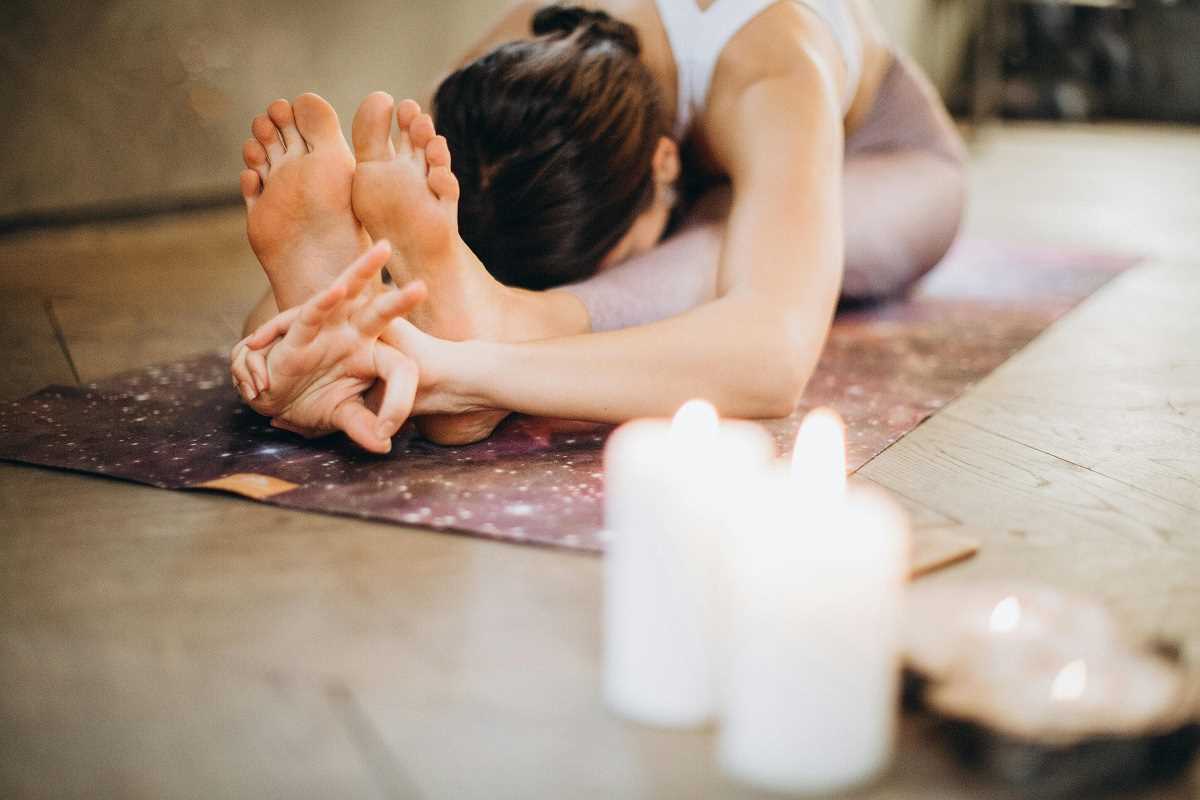We all know that regular exercise is essential for staying healthy and feeling your best. You commit your time, energy, and probably some sweat to keep up with your workout routine, even with a packed schedule. But have you stopped to think about the role sleep plays in how you perform and feel during those workouts? If not, you’re not alone.
Sleep is often the missing piece of the puzzle when it comes to maximizing your workouts. Good sleep isn’t just about avoiding grogginess or crankiness; it directly impacts your physical performance, recovery, and even your motivation to work out in the first place. Once you understand how the two are connected, and take a few simple steps to improve your sleep quality, you’ll not only see better results at the gym but also feel better overall.
Sleep and Physical Performance
Ever shown up to a workout feeling foggy or drained because you pulled a late night? That’s no coincidence. Sleep restores your body’s energy levels and plays a key role in muscle coordination, strength, and endurance.
When you sleep well, your body goes through various sleep cycles, including deep and REM sleep. Deep sleep is when growth hormone is released, which helps repair and build muscles. It’s also when your body replenishes glycogen, the energy stored in your muscles that you’ll need for cardio or strength training. Without enough sleep, your muscles may literally run out of fuel mid-workout.
And it’s not just about strength—it’s also about movement. Your body’s coordination and reaction times can take a hit after a bad night. If you’ve felt clumsy while lifting weights or slower during a run after insufficient sleep, that’s your body struggling under the weight of fatigue. Sleep-deprived workouts are less effective and sometimes riskier, as they can lead to sloppy form or outright injuries.
The Role of Sleep in Recovery
Recovery isn’t just downtime; it’s when the real magic of fitness happens. After a challenging workout, your muscles develop microscopic tears, which are repaired overnight during rest. This process is what makes you stronger. Without good sleep, that recovery process doesn’t happen as effectively, leaving you sore longer and more prone to injuries.
Inflammation is another thing to consider. Studies show that poor sleep can increase inflammation in the body. While a little inflammation after a workout is normal and part of the recovery process, too much can become a bad thing. Over time, chronic inflammation can lead to nagging aches and pains that derail your fitness goals and your motivation.
And speaking of motivation...
Sleep and Your Drive to Exercise
No matter how dedicated you are to your fitness routine, everyone has mornings when the snooze button feels way more inviting than a spin class. Here’s where it gets tricky: poor sleep doesn’t just mess with your energy levels; it also interferes with your brain chemistry.
Good sleep helps regulate your mood and stress levels by keeping hormones like serotonin, dopamine, and cortisol in balance. A lack of sleep tips this balance, making you more irritable and less motivated. That foggy feeling isn’t all in your head—it’s in your hormonal signals, too, and they might be nudging you toward the couch instead of the gym.
You’re also more likely to make unhealthy food choices after a restless night, which can take a toll on your fitness progress. If you’re skipping workouts and reaching for donuts, it’s a recipe for frustration rather than growth.
How to Fix Your Sleep and Supercharge Your Workouts
The good news? You can take control of your sleep habits without overhauling your entire life. Here are some practical, realistic steps to start improving your sleep today—and, in turn, your fitness routine:
1. Stick to a Sleep Schedule
This might sound overly simple, but going to bed and waking up at the same times daily (yes, even on weekends) can do wonders. Your body thrives on routine, and consistent sleep-wake cycles help regulate your internal clock, making it easier to fall asleep and wake more refreshed.
2. Create a Wind-Down Routine
Develop a consistent bedtime ritual to help your body shift into sleep mode. Turn off screens at least 30-60 minutes before bed, dim the lights, and do something calming like reading or meditating. Breaking the habit of scrolling through emails or Instagram late at night can also make a big difference.
3. Optimize Your Bedroom Environment
A cooler, darker bedroom is best for sleep. If sounds keep you awake, consider blackout curtains to block out light and white noise machines. Keeping the thermostat between 60 and 67 degrees Fahrenheit is ideal for most people.
4. Pay Attention to Evening Habits
Avoid heavy meals, caffeine, or alcohol too close to bedtime. They disrupt your body’s natural ability to wind down and might be sneaky culprits behind your restless nights. Instead, opt for light snacks if you need something—try a banana or handful of almonds.
5. Don’t Skip Post-Workout Recovery
Exercising too late at night may interfere with your sleep—it raises endorphins and body temperature, making it harder to fall asleep. But that doesn’t mean you have to stop exercising after work. Just make sure to give yourself at least two hours to cool down and relax before bed. Stretching or yoga can help signal to your body that it’s time to rest.
6. Limit Stress Where You Can
This one’s easier said than done, but high stress levels tend to interfere with sleep quality. If your thoughts are racing at night, try a journal to jot down lingering worries or use a meditation app to help quiet your mind.
A Little Better Sleep = Big Fitness Wins
Making sleep a priority may feel like an indulgence in our always-on culture, but the truth is, it’s the foundation for better workouts and a better you. When you invest in good sleep, you won’t just see improved performance on your runs, rides, or strength sessions. You’ll notice an overall boost in mood, focus, and resilience.
 (Image via
(Image via





